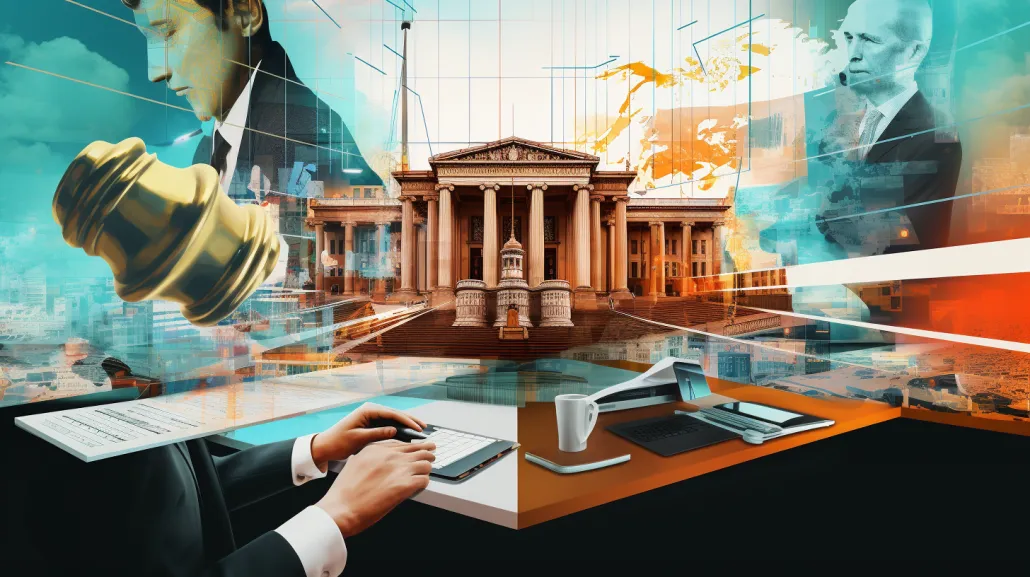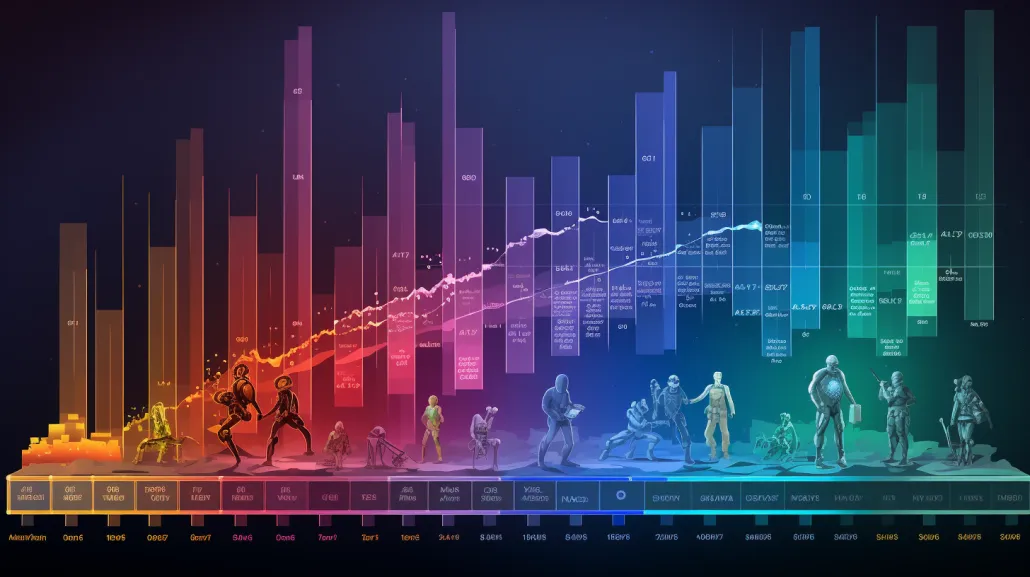Table of Contents
OpenAI licensing deals, the artificial intelligence startup that created ChatGPT, a tool that generates text, code, and other content with simple prompts, is looking to secure licensing deals with several media companies to improve its AI chatbot. The company is in negotiations with CNN, Fox Corp., Time, and other publishers to use their news, video, and image content to train ChatGPT and also feature it in OpenAI’s products, according to people familiar with the matter.
OpenAI Licensing Deals and Media Partnerships
The licensing deals are crucial for OpenAI licensing deals future as it faces public scrutiny and legal challenges over the source and use of the data that feeds its AI models. The company has been accused of ripping off copyrighted materials from media outlets without permission or compensation. The New York Times sued OpenAI and Microsoft last month for using its articles in ChatGPT.
OpenAI licensing deals did not name the specific companies it is talking to but said in a blog post on Monday that it has “pursued partnerships with news organizations” to access “non-publicly available content” and show “real-time content with attribution” in ChatGPT. The company also said it aims to “support a healthy news ecosystem, be a good partner, and create mutually beneficial opportunities,” pushing back at the Times’ lawsuit.

Some of the publishers that OpenAI licensing deals are in talks with confirmed their interest in reaching an agreement with the AI startup. Time’s CEO Jessica Sibley said in a statement that the publisher “is in discussions with OpenAI and we are optimistic about reaching an agreement that reflects the fair value of our content.” Guardian News & Media, which publishes The Guardian, said in a statement that it has had “prior dialogue” with OpenAI and expects to enter “commercial discussions” about the use of its journalism.
OpenAI licensing deals have already signed some licensing deals with media companies in the past. In July, it announced an agreement with the Associated Press for an undisclosed amount. It also inked a multiyear deal with Politico’s parent company Axel Springer SE for tens of millions of dollars, Bloomberg reported.
However, not all media companies are eager to partner with OpenAI licensing deals. The Washington Post said it has not been in talks with OpenAI in recent months. Another media executive, who spoke on condition of anonymity, said their company is considering suing OpenAI, similar to the New York Times.
OpenAI’s Pricing and Legal Hurdles in Licensing and Funding
One of the main concerns for publishers is how much OpenAI licensing deals is willing to pay for their content. The Information reported that OpenAI has offered publishers $1 million to $5 million a year to license their articles, which some consider too low. Some media companies are open to a higher range, closer to what Axel Springer received, one of the people familiar with the matter said.

OpenAI is also in discussions to raise a new round of funding at a valuation of $100 billion or more, Bloomberg reported. The company has raised $13 billion so far from Microsoft and other investors.
Another challenge for OpenAI is the legal uncertainty around the use of generative AI for commercial purposes. Some media executives are skeptical that a productive agreement can be reached until the courts or Congress clarify the copyright law for AI. On Wednesday, a Senate Judiciary subcommittee held a hearing on the oversight of AI in journalism. Condé Nast CEO Roger Lynch urged Congress to issue rules that require a license for using copyrighted content for commercial generative AI. He said that “current Gen AI tools have been built with stolen goods.”
OpenAI licensing deals also face the risk of losing access to copyrighted works, which it said are essential for training its AI models. In a submission to the UK’s House of Lords, the company said that “it would be impossible to train today’s leading AI models without using copyrighted materials.” The company said that using only public domain books and drawings from more than a century ago “would not provide AI systems that meet the needs of today’s citizens.”